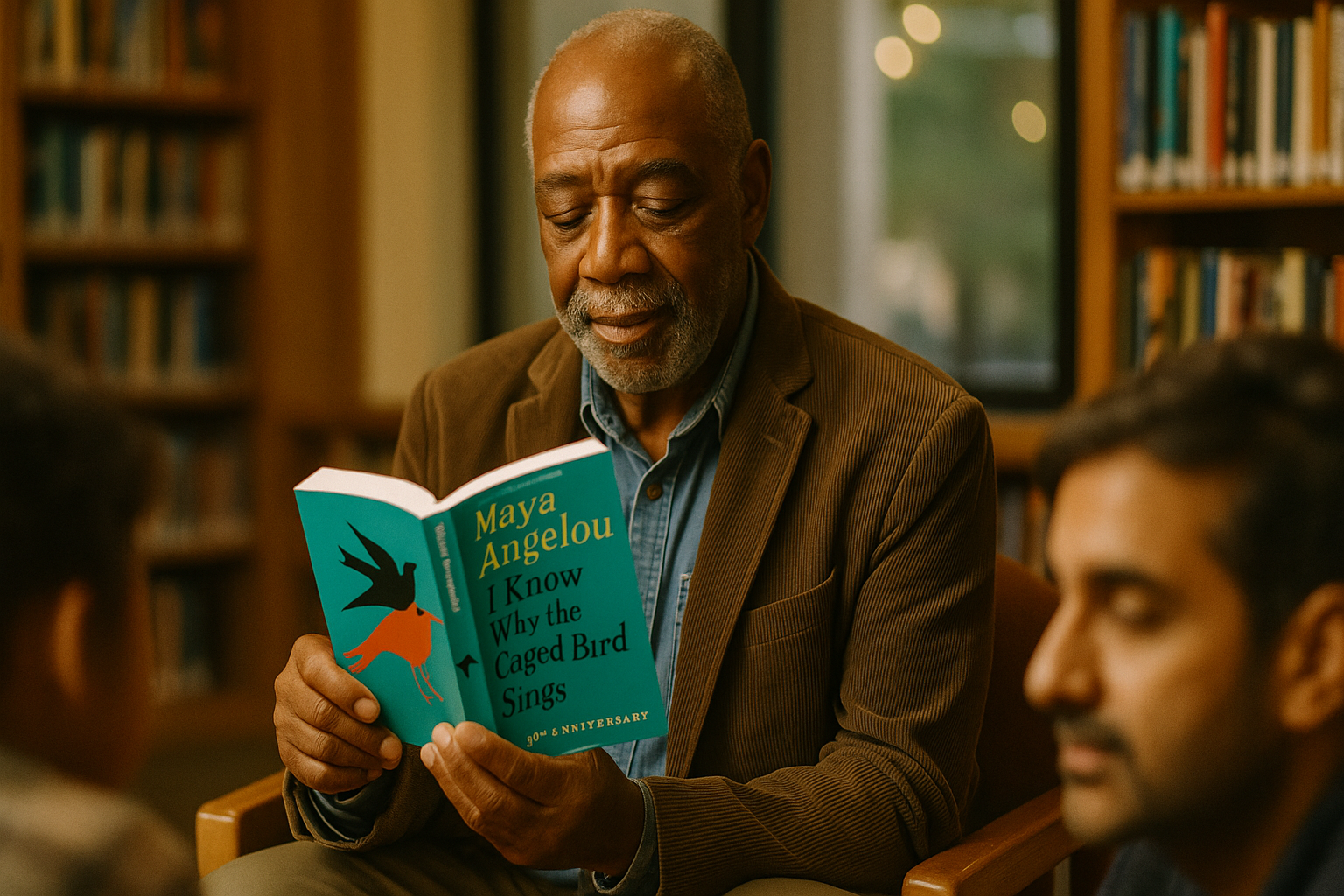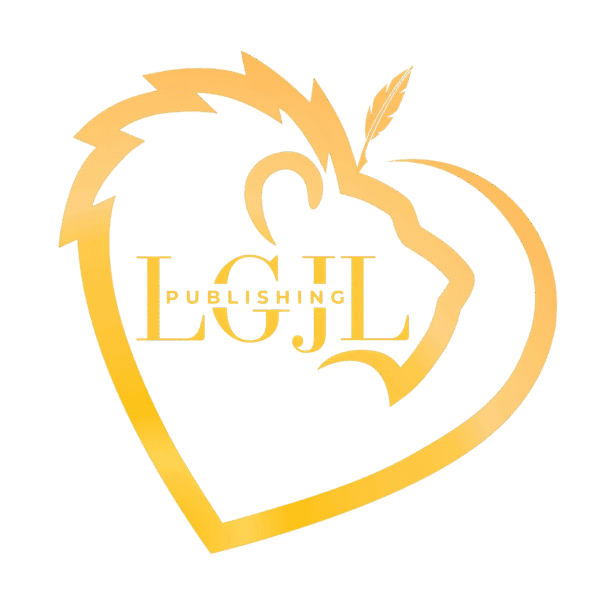A poignant autobiography between Resilience and Freedom: The Power of Voice
Explore Maya Angelou’s “I Know Why the Caged Bird Sings”, a powerful autobiography that tackles racism, trauma and the quest for freedom through the eyes of a young African-American girl. An essential classic for understanding resilience and empowerment.
“I Know Why the Caged Bird Sings”, published in 1969, is Maya Angelou’s iconic autobiography tracing her childhood and adolescence in the face of precarity, abuse and the struggle for identity. This first volume in her autobiographical series depicts not only Angelou’s personal difficulties, but also the societal and racial dynamics of the United States in the years leading up to the civil rights movement. Renowned for her frank and poetic approach, Angelou explores themes of resilience, freedom and the quest for self, making this a powerful and influential work.
Summary and structure
The book tells Maya’s story, from her traumatic childhood in America’s segregated South to her adolescence, when she becomes the first African-American streetcar driver in San Francisco. The narrative structure of the work is characterized by deep introspection and reflection on the events that shaped her worldview. Angelou uses her life to illustrate how inner strength, love of family and literature can offer an escape from adversity.
Themes and analysis
“I Know Why the Caged Bird Sings” tackles poignant themes of racism, trauma, resilience, personal identity and liberation. Angelou meticulously examines the weight of these experiences on her personal and intellectual development. For example, she describes how reading great authors helped her to overcome the speechlessness that followed a childhood rape. The very title of the work, borrowed from a poem by Paul Laurence Dunbar, symbolizes the desire for freedom in the face of oppression, the central theme of the book and of Angelou’s life.
Characters and development
The characters in the work, including young Maya, her brother Bailey, and their grandmother Momma, are described with a depth that reveals the complexity of family and community relationships in the context of racism and segregation. Angelou presents her journey, marked by moments of vulnerability and strength, despair and hope, illustrating her transformation from victim to actress of her own life.
Impact and reception
On publication, the book was hailed for its brutal honesty and poetic prose. It opened up discussions on then-taboo subjects such as racism, sexual abuse and the power of human resilience. His impact goes beyond literature, contributing to the dialogue on civil rights and the empowerment of women and minorities. “I Know Why the Caged Bird Sings” remains a seminal work in the study of American literature and African-American studies.
Why read this book?
This book is essential for anyone wishing to understand the impact of racism and adversity on the individual and society. It offers lessons in courage, dignity and transcendence, showing how, even in the darkest of situations, it’s possible to find a voice and sing freely. Reading Angelou is a source of inspiration for all those who seek to overcome their own cages, whatever they may be.
Conclusion
“I Know Why the Caged Bird Sings” is much more than an autobiography; it’s a poignant testament to the human capacity to overcome adversity. Maya Angelou offers an unfiltered look at painful realities, but also at the beauty of resilience and the power of personal liberation. Her work continues to resonate with readers, affirming its status as a classic of American literature.
Latest Reviews & Analyses
Stay Updated with Our Latest Reviews
Join our community to receive exclusive insights and updates on groundbreaking literary works.
Find Your Next Literary Adventure
What Our Readers Are Saying

Sophia Lee
“A captivating collection of reviews that inspire and inform. Highly recommended for avid readers!”





